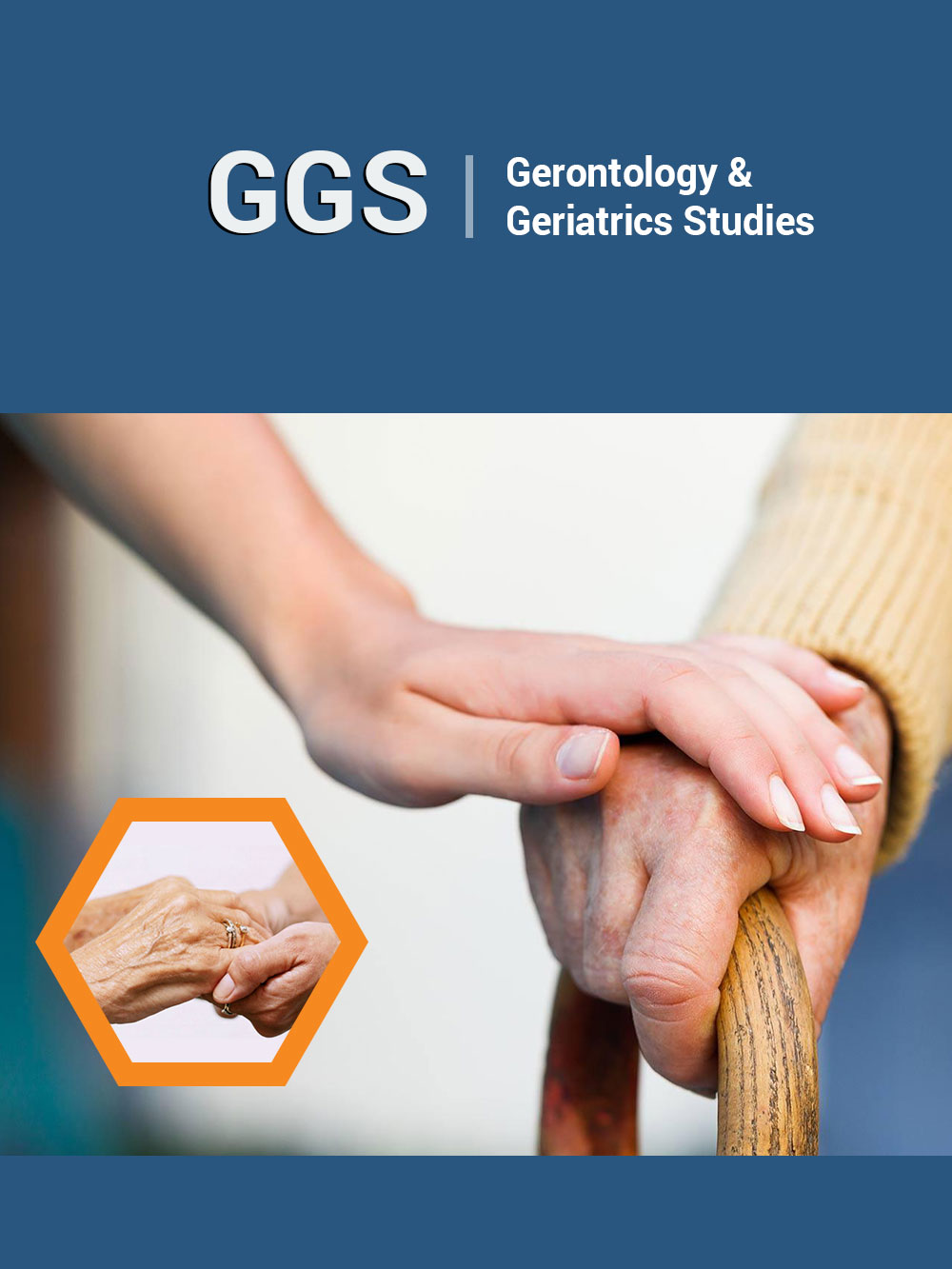- Submissions

Abstract
Gerontology & Geriatrics Studies
How Social Pensions and Income Contributes to Successful Ageing? A Mixed Method Study
-
Open or CloseNicamil Sanchez K*
Philippines
*Corresponding author:Nicamil Sanchez K, Philippines
Submission: February 22, 2019;Published: March 20, 2019

ISSN 2578-0093Volume4 Issue4
Abstract
Rationale
Ageing of global populations is not only a reality in developed countries; it is also becoming a reality in developing countries like the Philippines. Developing countries like the Philippines will need to prepare for the challenges, and also as well as capitalise on the opportunities, brought about by the increasing numbers of older persons. Income and social pensions are important social safety net to address poverty and hunger in old age. Social pension is a universal benefit in developed countries and is now receiving increased attention in developing countries which is associated with income in old age. In the Philippines, social pensions were implemented for indigent senior citizens which provides monthly stipend to augment the daily subsistence and other medical needs of senior citizens. This study found that social pensions may not be associated with successful ageing, since a majority of the respondents who received social pensions did not attain the three dimensions of successful ageing.
More so, this study suggest that mode of income provision may be associated with successful ageing and its three dimensions, since a majority of respondents receiving regular income attained the three dimensions of successful ageing regardless of age group category. Likewise, there is an association between living above or below US$1.25 per day with wellbeing and social engagement both at p<.05. Overall, financial status is significantly associated with successful ageing as well as with wellbeing and social engagement. Respondents who are living above US$1.25 per day have significantly higher scores in the attainment of wellbeing and social engagement. Qualitative findings suggest that the majority of older persons who identified overcoming hardship and poverty as part of their life experiences identified resiliency which may contribute to their positive outlook and understanding of successful ageing. Poverty and hunger have a significant effect on life expectancy as well as on the attainment of successful ageing in the Philippines. Limited coverage of the social pension contributes to the rising incidence of poverty and hunger among older Filipino persons. This study found that financial insecurity in old age hinder attainment of successful ageing, and they are attributed to the disadvantages experienced by older persons living in poor communities. Financial insecurity and health problems are attributed to the lack of universal social pensions and limited access to social welfare and health services in poor communities in the Philippines. Regular provision of financial support to older persons contributes to financial security in old age which is an important factor in successful ageing. Financial security in old age contributes to social engagement and in pursuing new activities among older Filipino persons. Therefore, government’s social protection and social welfare program may prioritise older Filipino persons without pensions and financial support from family. Lastly, research on successful ageing may guide the development of comprehensive social welfare and health program in the Philippines that may serve as a reference for other developing countries.
Keywords: Social pension; Successful ageing; Mixed method; Poor older person; Poverty; Income classification; Living above or below US$1.25; Wellbeing; Social interaction; Social engagement
 a Creative Commons Attribution 4.0 International License. Based on a work at www.crimsonpublishers.com.
Best viewed in
a Creative Commons Attribution 4.0 International License. Based on a work at www.crimsonpublishers.com.
Best viewed in 







.jpg)






























 Editorial Board Registrations
Editorial Board Registrations Submit your Article
Submit your Article Refer a Friend
Refer a Friend Advertise With Us
Advertise With Us
.jpg)






.jpg)














.bmp)
.jpg)
.png)
.jpg)










.jpg)






.png)

.png)



.png)






